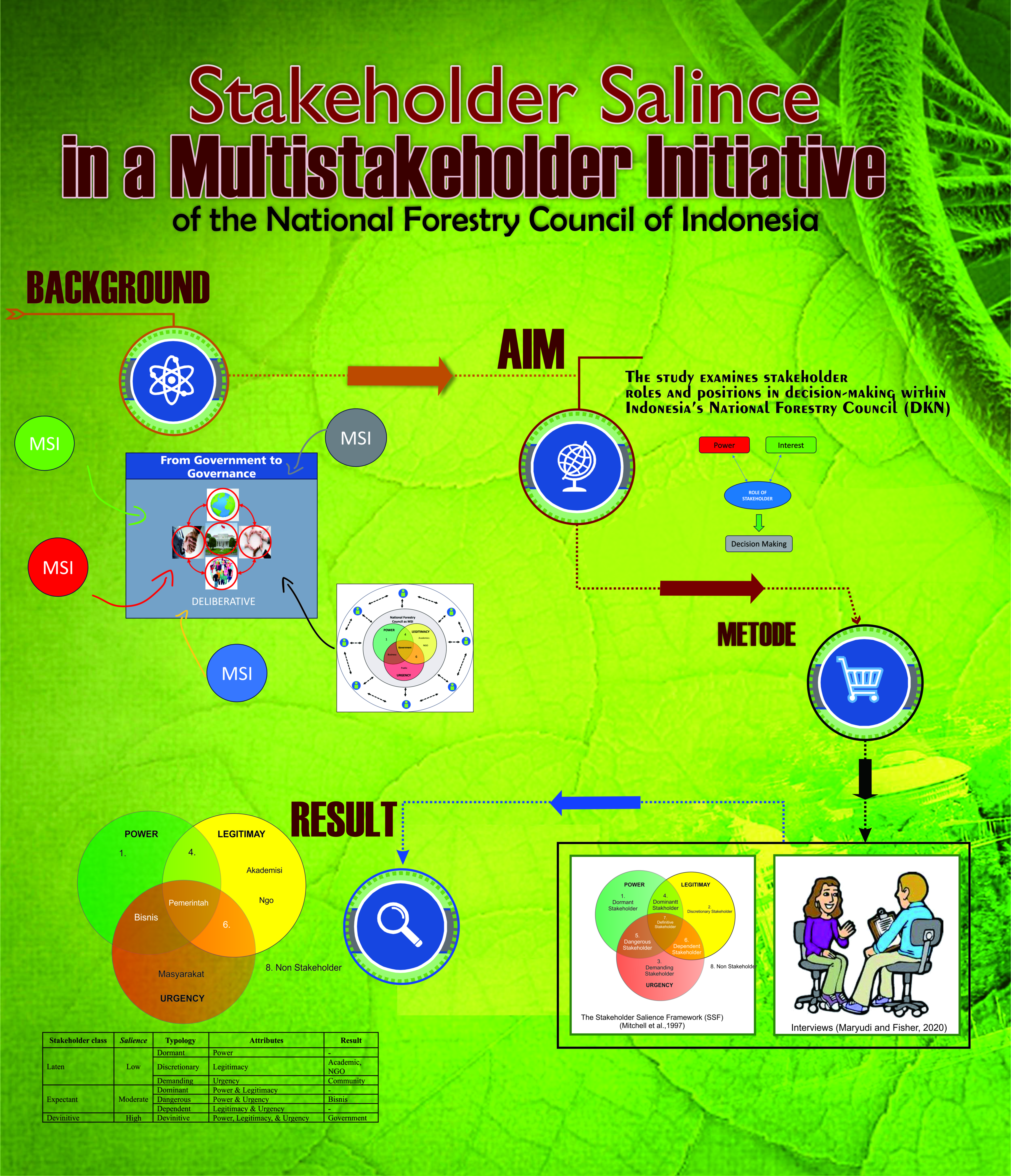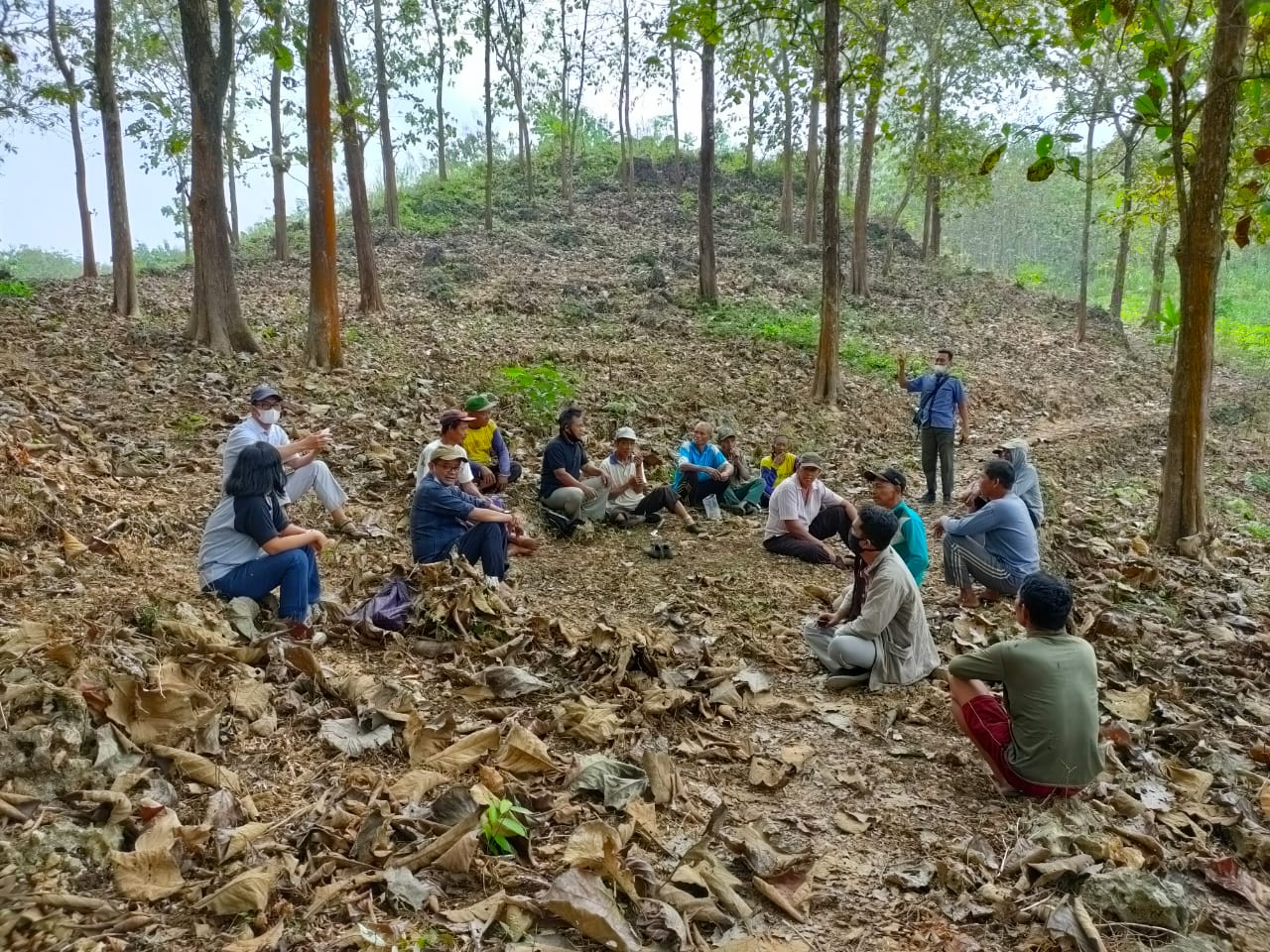Abstract
Understanding the governability of traditional use zone (TUZ) on Marine National Parks is still debated due to various reasons since successful implemented of the governing system could be observed in some areas only. There is a need to assess the contributions and limitations of governance performance sustainability. Using the Cenderawasih Bay National Park as a case, we studied the governance system (GS), system to be governed (SG), and interactive governance (IG) in managing TUZ. Multi-dimension scaling analysis showed that the existing management showed low sustainability (36%) caused by limitation of stakeholders capacity and violations of rules (GS), impact of live fish fishing, coastal ecosystem degradation and low income (SG), adaptive management and feedback from monitoring and evaluation that were not be able to create effective governance (IT). Improvement could be achieved by increasing the integration of these three systems, in which social-ecology system benefit could work under effective governance. This paper also supported the previous finding that household income alternative was the priority for improving management and conservation. It is justified that both direct and indirect benefits to the society or stakeholders could be provided by well-performed governance.



